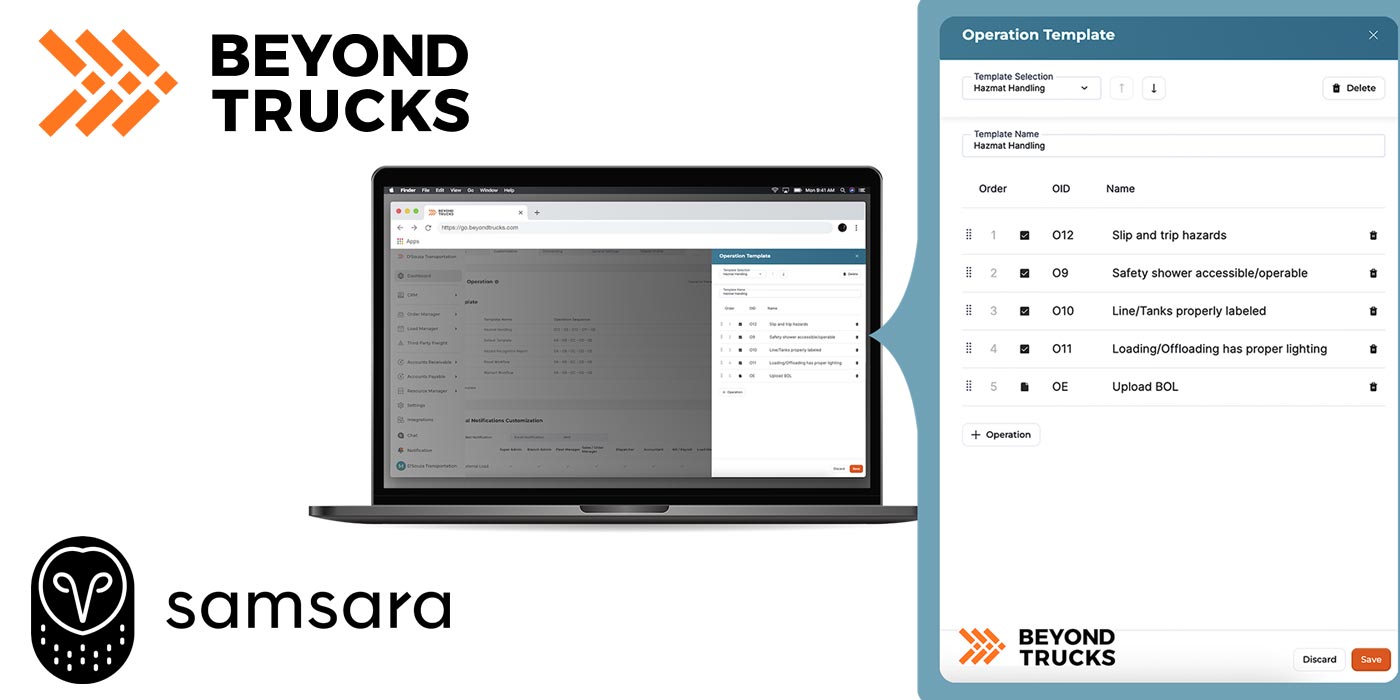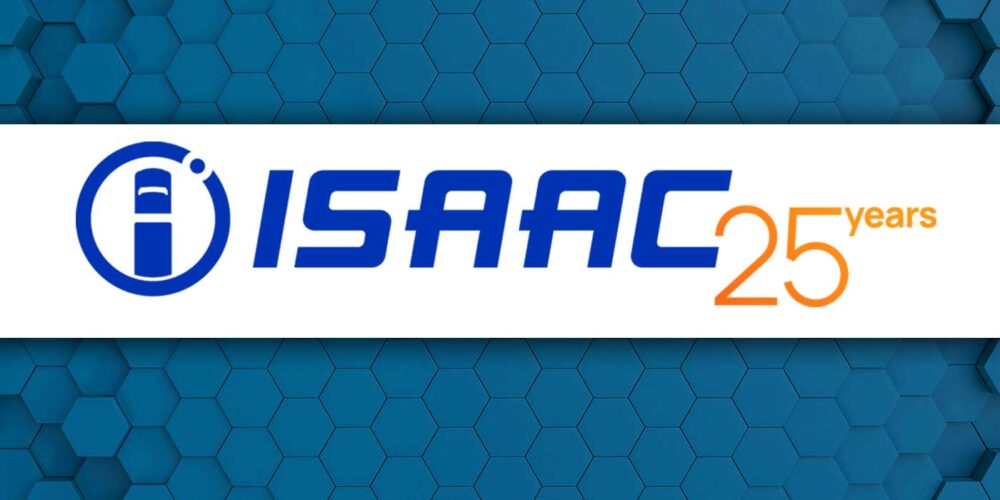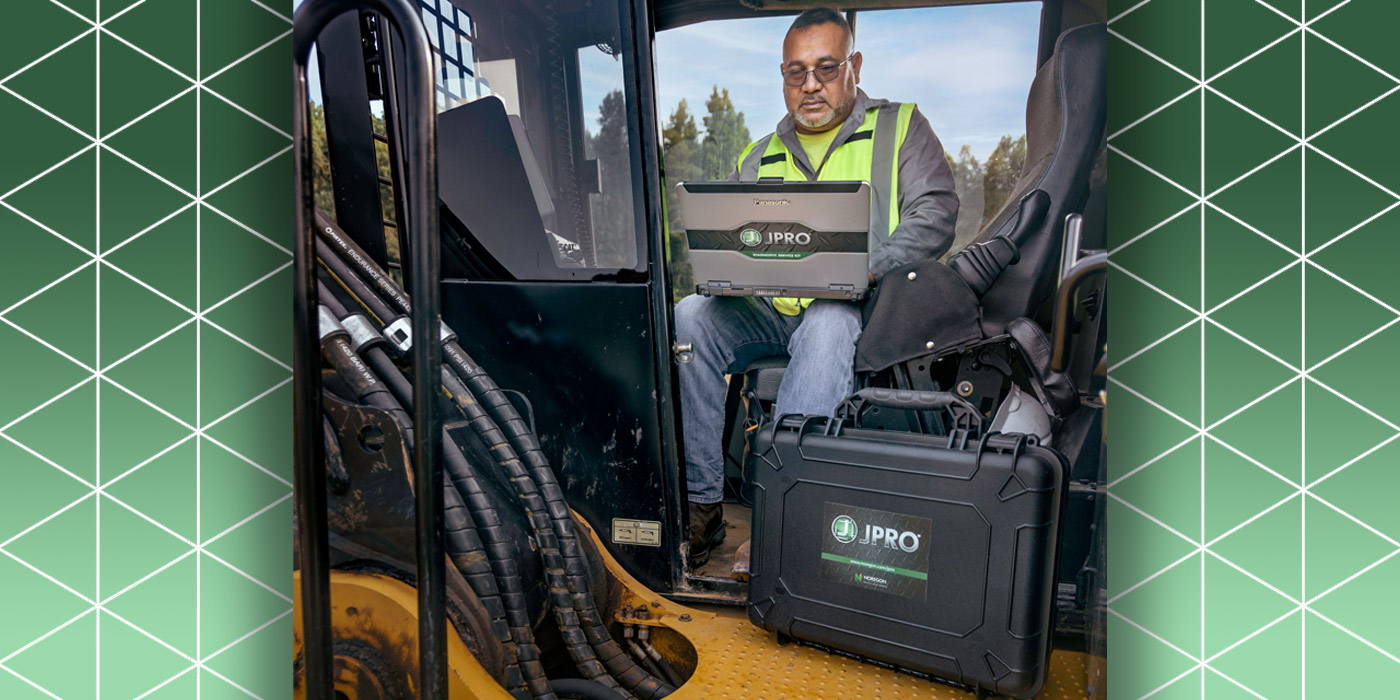Perhaps “responsibility” is too loaded of a word. Let’s not think of service data as another item on your To-Do List. Let’s call it something far more marketable—an opportunity. The telematics technology built into the trucks of the previous three, four, and even five years has created a vast “data lake” (toss that buzzword around the shop) of operational data that’s enabling more efficient truck technology and driving behavior. Now, the new wave of technology is coming for heavy-duty truck service data to complete the truck’s lifecycle picture. That’s where you come in.
As the fleet service manager, you’re managing the truck service workflow, tackling triage with your most trusty technician and keeping all of your techs trained up on the latest systems. To take your truck service operation to the next level, you have to start recording your service data, as it happens, in a form that’s usable and easily integrated into your fleet’s data dashboards.
Let’s start with a common occurrence—a triggered fault code. While you see how that fault code is addressed in the shop, you need to record that information to improve your service processes and report that to your fleet manager and fleet as a whole, potentially.
“There’s likely a certain diagnostic process that the company would follow after a fault code is triggered, but many times a fault code occurs and no action is truly needed,” said Chris Orban, vice president of data science for Trimble Transportation. “Often, the truck is already scheduled for a preventive maintenance check-up, so the code is really more of a distraction. Many of these remote diagnostic codes are not, in fact, indicative of a major problem.”
“By capturing and reviewing service data, you’ll start to build a service history that will drive the powerful service tools of tomorrow like predictive maintenance offerings.”
As technology companies make fault codes more actionable (or in the case of a fault code not needing service immediately, manageable), an experienced, knowledgeable human perspective is still needed. As an example, Orban pointed to a fault code that indicated DPF regeneration was needed.
“That’s resolved by doing something relatively simple,” he said, “but in cases like that, some companies don’t do a great job of logging that the fault was minor, and so noisy data around faults begins to build up. Something the Trimble Transportation data science team is working on is cleaning up the noisy data and really getting down to the signal variables that tell a more interesting story, relating to this concept of a fault, and relating that to the direct fixing of a truck.”
By capturing and reviewing service data, you’ll start to build a service history that will drive the powerful service tools of tomorrow like predictive maintenance offerings.
“Today, we already have great examples of predictive maintenance, especially on the engine side,” said Martin Daum, member of the board of management with responsibility for Daimler Trucks and Buses. “Every morning, an engineer looks at the last 24 hours of data that we get from our trucks and identifies any surprising or concerning patterns. If he finds something, the fleet can be alerted, and then he calls the dealer and says, ‘There’s a truck coming. Dealer, you have to change this part and then send me the part immediately as it needs to be looked at.’ In the older days, even in an alert organization, it would have taken us four months after the solution to identify the problem.
“The big task now,” Daum continued, “is getting through the huge pile of data and sifting through to find the useful information.”
Useful information. That’s what you, as the fleet service manager, can supply day in and day out. Click here to read through some thoughts on how you can start to do that.













